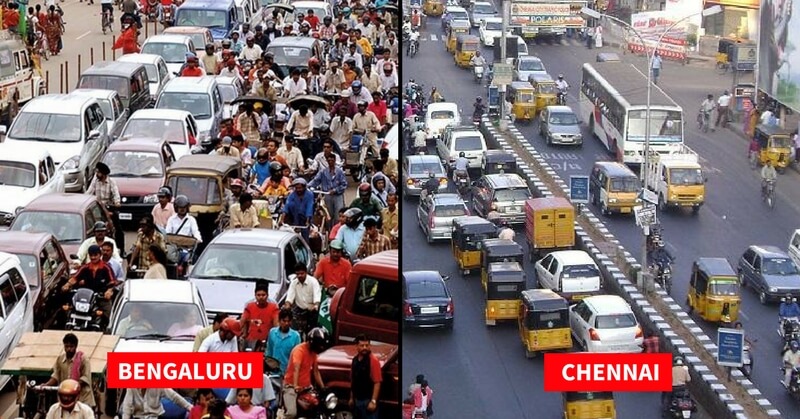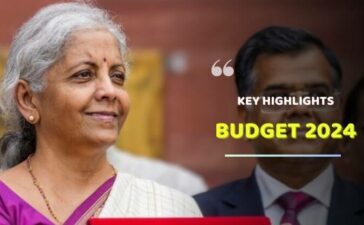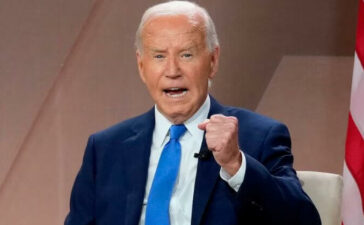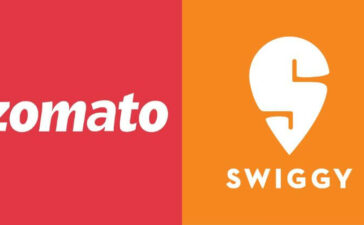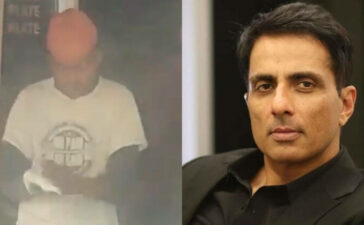Everyone wants to have his own vehicle for transportation. And in India, this is leading to awkward problems due to overpopulation. Metro cities are wasting nearly Rs 1.5 lakh crore annually due to traffic congestion during peak hours.
According to a study conducted by a global consultancy firm, four major cities — Delhi, Mumbai, Bengaluru and Kolkata cost the economy Rs 1.47 lakh crore annually. In the report submitted by Boston Consulting Group (BCG), commuters spent one-and-a-half times longer to travel a given distance in the peak hours 7-9 am and 6-8 pm compared to non-peak hours.
Surprisingly, the survey revealed that Kolkata is the worst among them as far as congestion is concerned followed by Bengaluru.
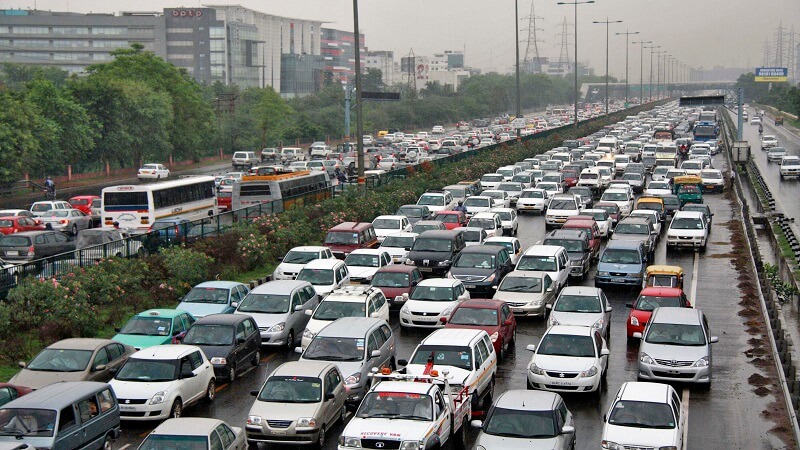
Even though Delhi has the maximum number of registered vehicles (little over 10 million), it still seems to be better because of its good road network, which is about 12% the capital’s total area.
However, Kolkata has barely 6% of its total area under road network. The survey covered 300 persons from each city.
In Bengaluru, 38% of the people are using their private cars for commuting while Delhi has the highest share of 45%. When it comes to using public transport for commuting, Mumbai tops the list followed by Kolkata and its worst in Bengaluru.

Urban transport expert Prof N Ranganathan said, “In Kolkata, private minibuses are the main mode of transport. Despite having the high share of people using public transport, Kolkata is congested for reasons like the low share of the road network, poor geometrics and huge flow of vehicles in the core part of the city.”
He further added that the situation in Bengaluru is worst as road network planning is obnoxious, traffic engineering and management is missing and there is a blatant misuse of the road.
The BCG report claimed that on average 89% of commuters indicated their plans to purchase a car in the next five years.
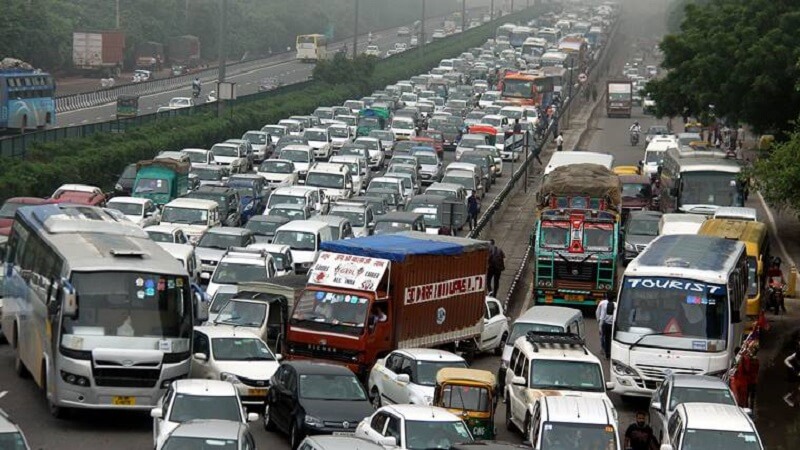
However, 80% of them also said they would shelve the idea if rideshare could meet their requirements on “price, timeliness and availability.” Ride-share is using a mobile app to book a ride in a privately owned vehicle.
Prof N Ranganathan said, “Ride-share is a good intervention purely from the congestion point of view. But the other issues of safety of passengers and liability in case of road accidents, which are crucial, also need to be addressed. Safety on women passenger is a concern.”
In this situation, only rail network can resolve this problem up to some extent. Do you have any better idea? Share us in the comments. Pune installs tyre killers warning to the traffic violators and wrong siders – check the video.


